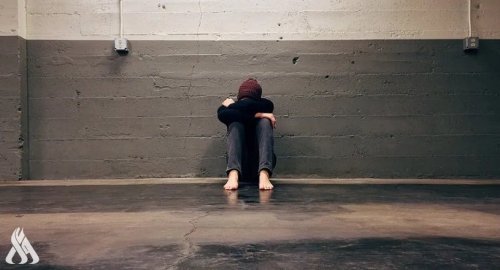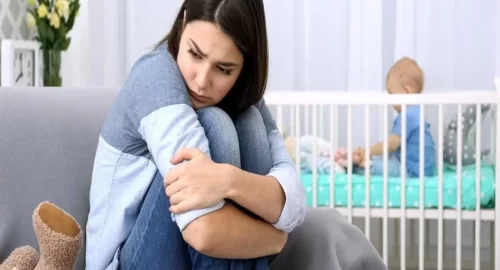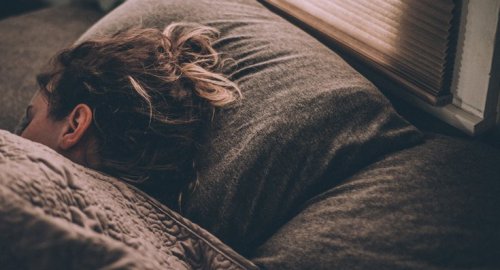
Consistent lack of sleep may increase risk of future depressive symptoms – study

- 22-10-2023, 09:57
INA- sources
Consistently sleeping less than five hours a night could increase the risk of depression, research suggests.
Poor sleep has been considered a side-effect of mental ill health in the past, but the new study found that the link between sleep and mental illness is more complex.
People with a stronger genetic predisposition to short sleep – less than five hours in a given night – were more likely to develop depressive symptoms over four to 12 years, the study led by UCL researchers found.
But those with a greater genetic predisposition to depression were not more likely to have short sleep.
The experts also found that the link was not exclusive to those who were genetically inclined towards sleeping for shorter periods, and people who regularly dozed for five hours or less – without the genetic association – were also more likely to have depression.
Lead author Odessa Hamilton, UCL Institute of Epidemiology and Health Care, said: “We have this chicken or egg scenario between suboptimal sleep duration and depression, they frequently co-occur, but which comes first is largely unresolved.
“Using genetic susceptibility to disease, we determined that sleep likely precedes depressive symptoms, rather than the inverse.”
Researchers used genetic and health data from 7,146 people recruited by the English Longitudinal Study of Ageing (ELSA), with an average age of 65.
Analysis of genetic and health data suggested that short sleep was associated with the start of depressive symptoms, like feeling sad or lonely.
Senior author Dr Olesya Ajnakina, UCL Institute of Epidemiology and Health Care and the Institute of Psychiatry, Psychology and Neuroscience at King’s College London, said: “Short and long sleep durations, along with depression, are major contributors to (the) public health burden that are highly heritable.
“Polygenic scores, indices of an individual’s genetic propensity for a trait, are thought to be key in beginning to understand the nature of sleep duration and depressive symptoms.”
When looking at non-genetic associations between depressive symptoms and sleep duration, the researchers also found that people sleeping five hours or less were 2.5 times more likely to develop depressive symptoms.
The study, published in Nature, Translational Psychiatry, also revealed a link between sleeping long and developing depressive symptoms.
According to the findings, people who slept for more than nine hours were 1.5 times more likely to develop depressive symptoms than those who sleep an average of seven hours.
However, depressive symptoms were not associated with sleeping longer four to 12 years later, which corresponded to the genetic findings.
Professor Andrew Steptoe, head of Behavioural Science and Health, UCL Institute of Epidemiology and Health Care, said: “Suboptimal sleep and depression increase with age, and with the worldwide phenomenon of population ageing there is a growing need to better understand the mechanism connecting depression and a lack of sleep.
“This study lays important groundwork for future investigations on the intersection of genetics, sleep, and depressive symptoms.”
China Says It 'Firmly Opposes' US Military Aid To Taiwan
- International
- 07:36
First joint picture of Greenland Ice Sheet melting, ESA
- Multimedia
- 09:28
US Central Command: We killed ISIS terrorist leader Abu Yusuf in Syria
- International
- 24/12/20
Liverpool compete with Real Madrid to sign Olympique Lyonnais star
- Security
- 24/12/19
ISC, ADX discuss Strengthening Economic Ties
- Economy
- 24/12/16
Iraq assumes presidency of Arab Investment Company’s Executive Board
- Economy
- 24/12/17












